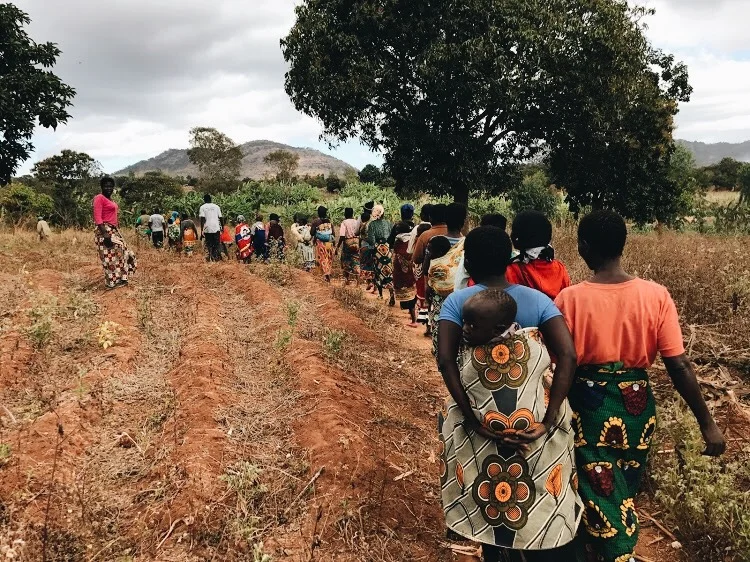Wow.
As I sit in the airport in D.C, back in the United States, surrounded by people with huge suitcases, running frantically to catch their flights, I feel as if everything is in slow motion. I feel confused at my normal way of life, at the "American way" of doing things; so rushed and unimportant. I am exhausted and jet lagged from being awake for over 40 hours. Our flight from D.C. to MA was delayed, and won't be leaving until noon. It's 6am. Steven and I are making the most of our time here, hanging out in the empty chairs, sleeping when possible, getting food and sharing pictures from the trip. I am so excited to see my family, and to catch up on some sleep.
Our flight in Senegal was delayed and we were stuck on the plane there for an hour or two, we had a 6 hour layover in Johannesburg as well, so all in all the whole trip was about 40 hours with all the weird time changes. However, I can't even complain. We did some shopping at Joburg and in D.C. I was able to call my mom, send some pictures to friends, and get some coffee to keep myself awake!!!
I've decided the only word I can really use to describe the way I'm feeling is overwhelmed. I am so happy, and have never felt more inspired or determined to take action and make an impact. Looking through my pictures, I only see smiles. Smiles on every single face of every single child in each school we visited. Smiles on their faces as they learned, asked questions, sang, danced, and played.
The "warm heart of Africa" truly is an understatement.












